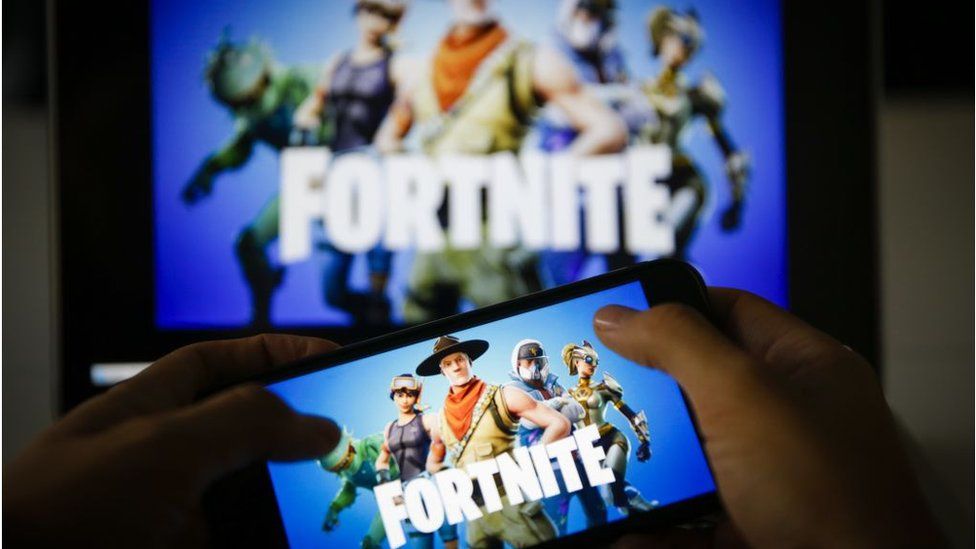The creator of the popular video game Fortnite has emerged victorious in a US court battle against Google, as a jury concluded that the search giant had engaged in illegal monopolistic practices.

In 2020, Epic Games filed a lawsuit against Google, alleging that it unlawfully established dominance over competing app stores. The accused monopolistic behavior pertained to Google’s app store, which is widely used by hundreds of millions of people to download apps for smartphones running on the Android operating system.
Google has expressed its intention to challenge the verdict. Wilson White, Google’s Vice President of Government Affairs and Public Policy, defended the company, stating, “Android and Google Play provide more choice and openness than any other major mobile platform.” He emphasized that Google competes fiercely with Apple and its App Store, as well as other app stores on Android devices and gaming consoles.
Epic Games’ CEO, Tim Sweeney, announced plans to begin working on remedies in January, celebrating the court’s decision in a post on X (formerly Twitter), stating, “Victory over Google! After four weeks of detailed court testimony, the California jury found against the Google Play monopoly on all counts.”
The legal dispute also challenged Google’s imposition of transaction fees of up to 30% on Android app developers and the integration of its Play Store and billing service. The court ruling could grant developers more control over app distribution and revenue generation.
The implications of the decision may force Google to permit additional app stores on Android devices, potentially impacting the revenue generated from in-app purchases. While Google contends that its commissions are competitive and offer added benefits like transaction security, the ruling could reshape the app distribution landscape on Android.
Google Play Store, one of the world’s largest app stores, competes directly with Apple’s App Store. Android powers approximately 70% of global smartphones, and over 95% of Android apps are distributed through the Play Store, according to Epic Games.
Epic Games accused Google of stifling innovation and choice through secretive, anti-competitive agreements. The lawsuit revealed evidence suggesting Google’s willingness to pay substantial sums to discourage alternative app stores, influencing developers to abandon independent efforts and striking lucrative deals with device manufacturers to exclude rival app stores.
This legal victory for Epic Games follows a similar antitrust case filed against Apple in 2020, which saw a US judge largely ruling in favor of Apple in 2021. Epic Games emphasized the need for legislative and regulatory measures to address the alleged strangleholds exerted by Apple and Google over smartphones.






Leave a Comment